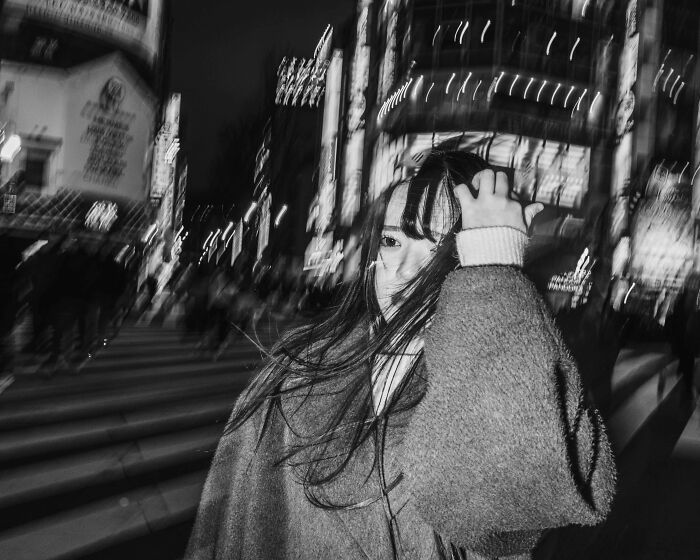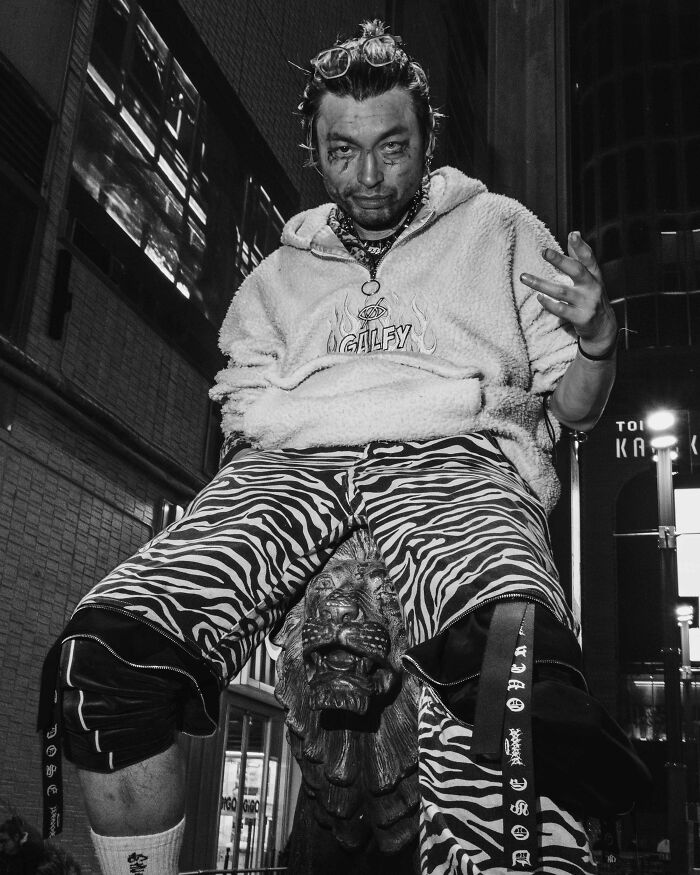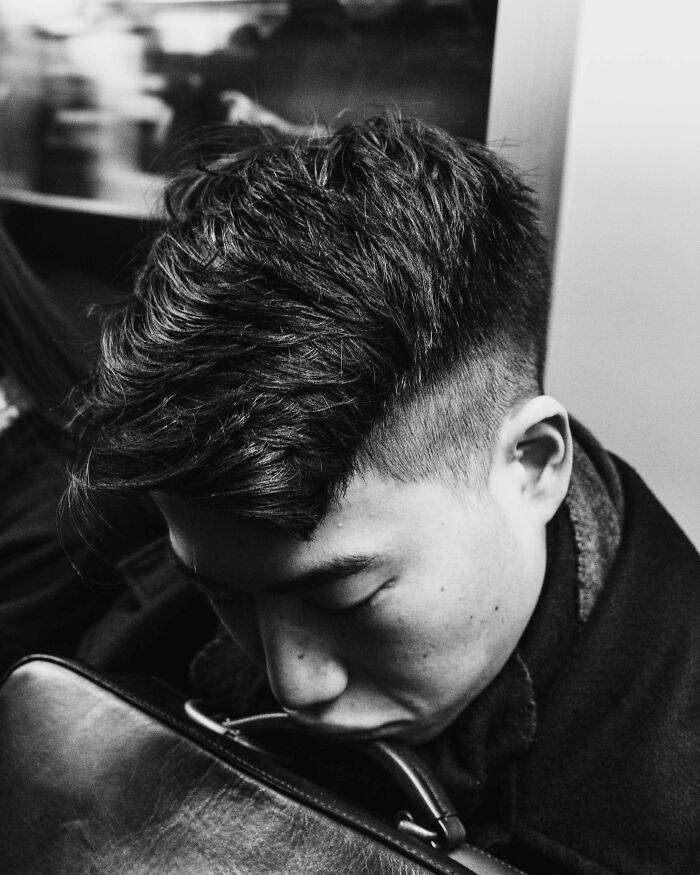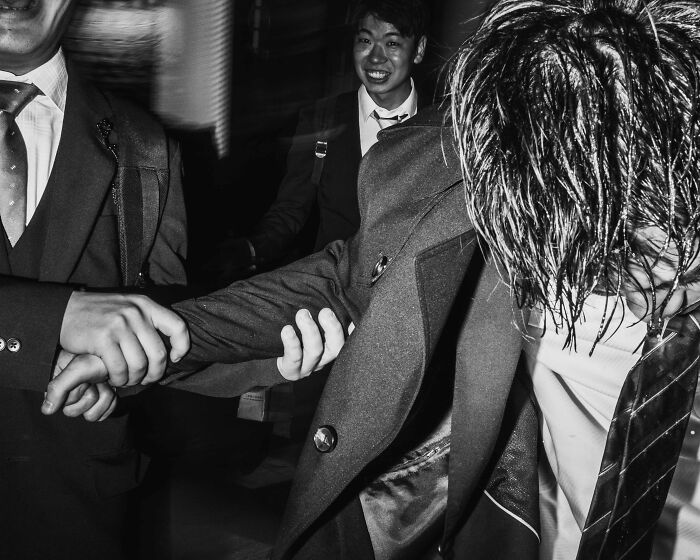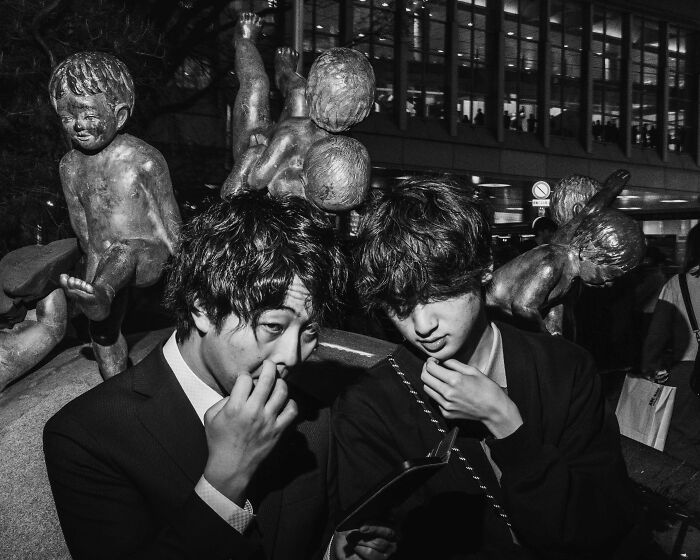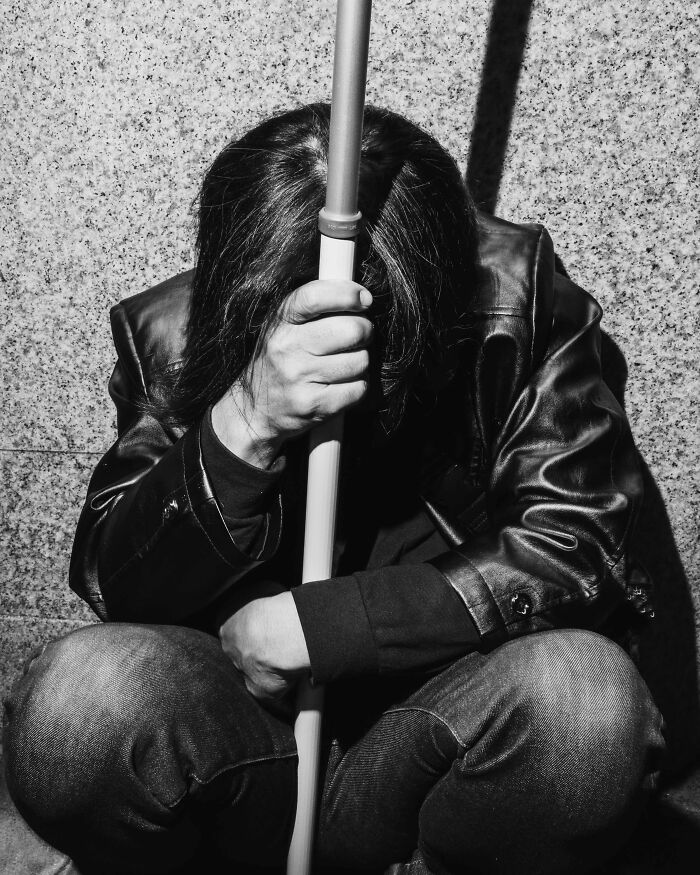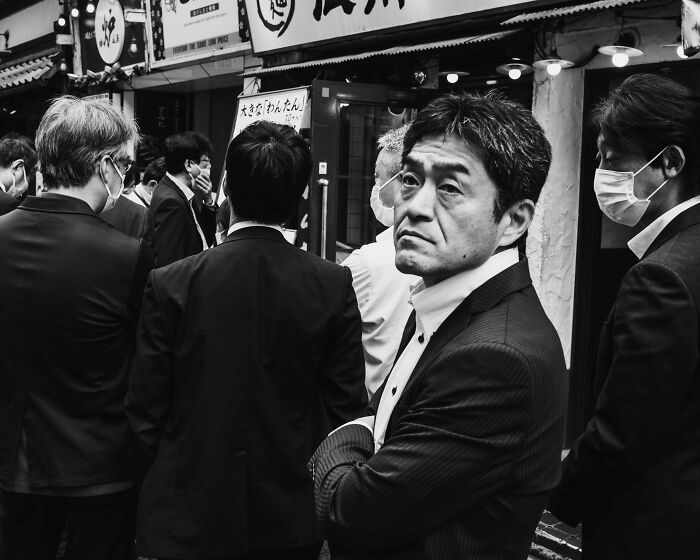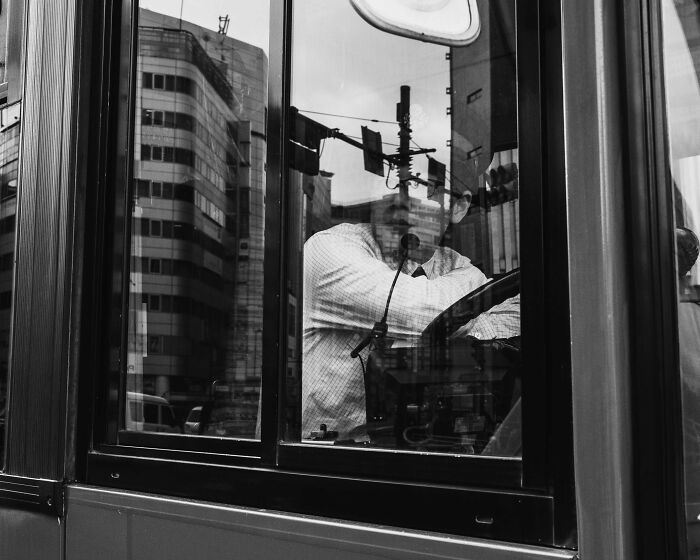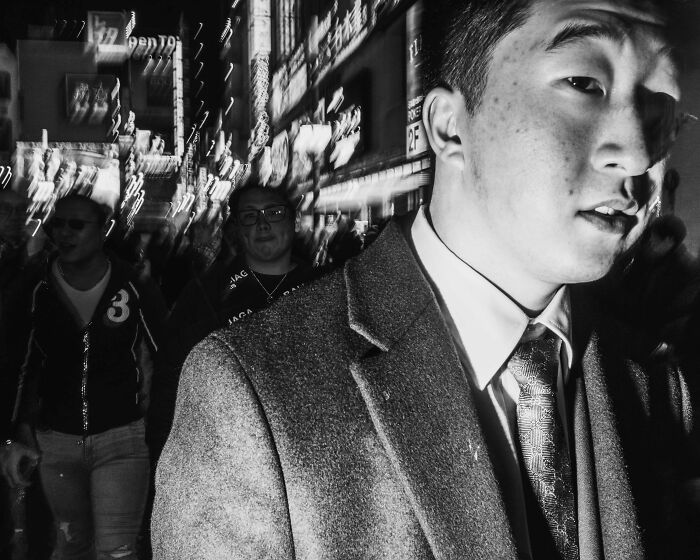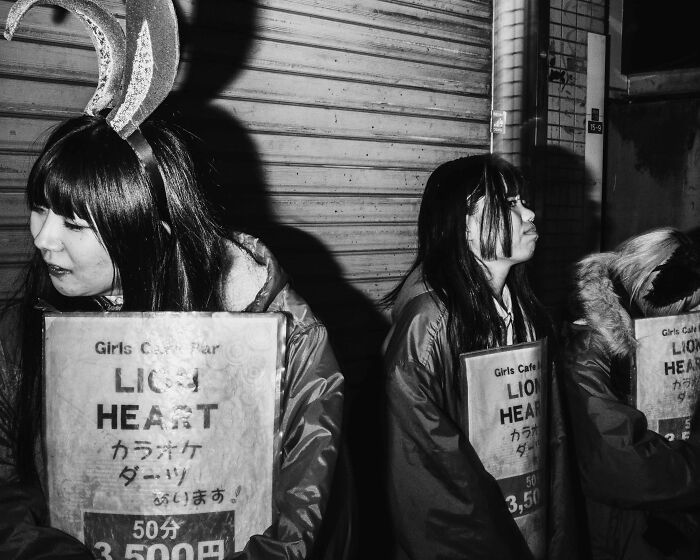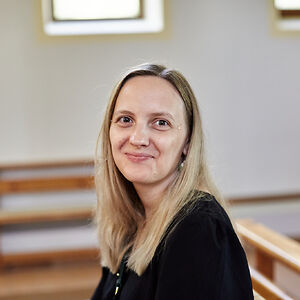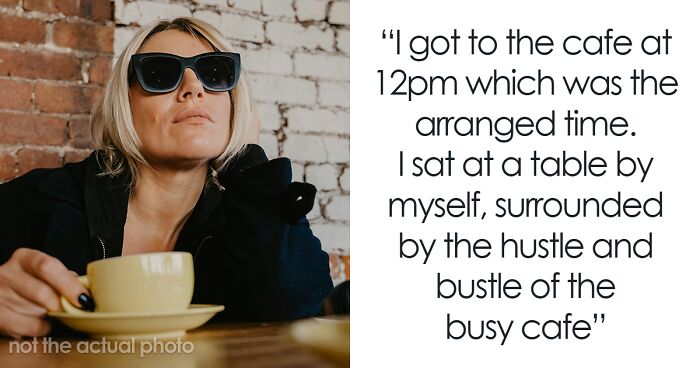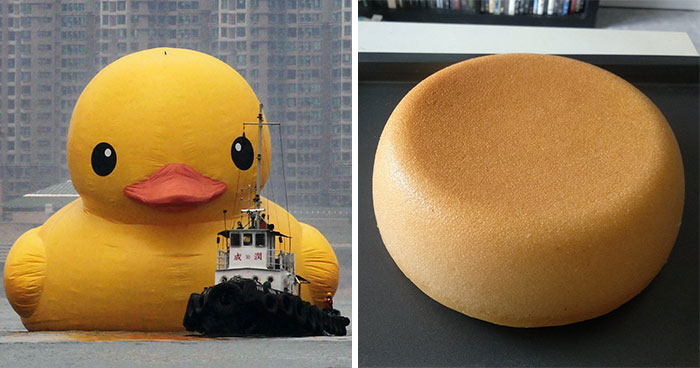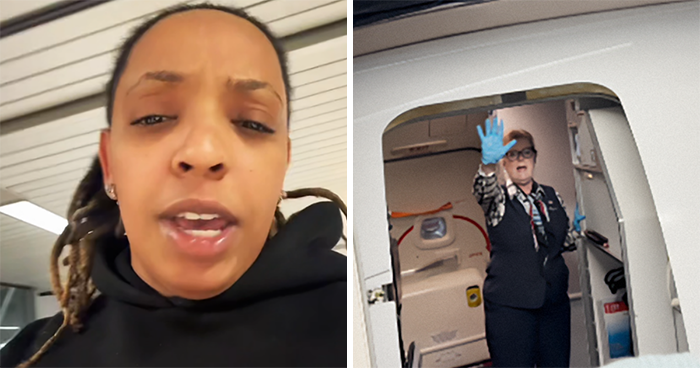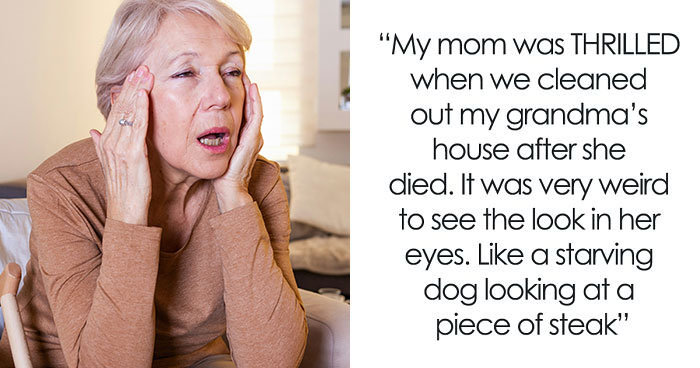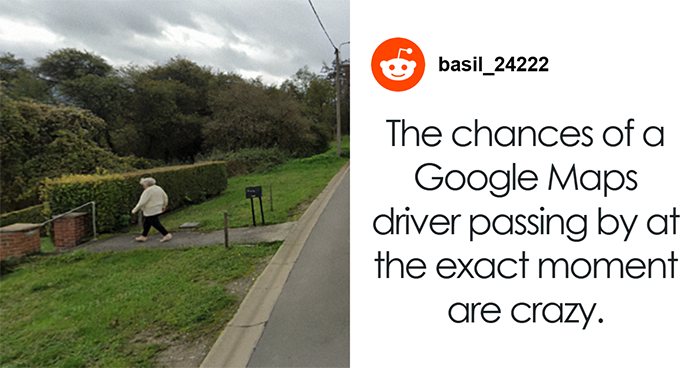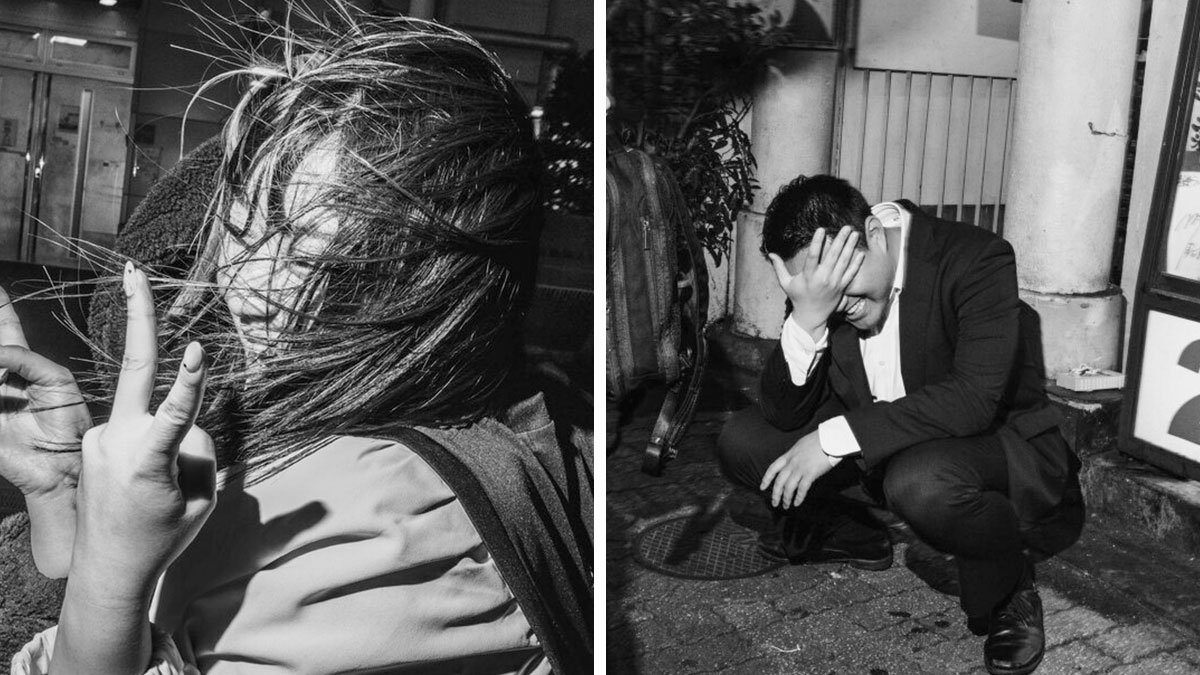
1k+views
“Tokyo No-No”: 20 Photos Capturing The Struggle Of Relentless Hustle Culture By Ghawam Kouchaki
All About Photo is proud to present Tokyo No-No by Ghawam Kouchaki, the December Solo Exhibition. This striking series explores modern alienation through the family unit in Tokyo, capturing the universal struggle against societal pressures and unattainable expectations. With raw and unfiltered moments, Kouchaki’s work invites reflection on the human cost of relentless hustle culture and the search for authentic connection.
"Tokyo No-No examines modern alienation through the family unit in Tokyo, Japan—a phenomenon that transcends cultural boundaries and affects societies worldwide. Everywhere you look, people are struggling to meet expectations that feel increasingly out of reach. When we try to fit into the narrow margins set by others, we often find ourselves profoundly lonely, even among those closest to us."
More info: all-about-photo.com | Instagram | ghawamkouchaki.com | threads.net
This post may include affiliate links.
"These moments weren’t unique to Tokyo, but something about the city’s relentless energy made them stand out. Hustle culture has infected everything—this constant pressure to capitalize on every second of your time, to never stop moving. I felt it too. I never once thought I should slow down and take in my surroundings. Instead, my mind was always searching for the next photo, always moving, just like the city around me.
This isn’t just about Tokyo or America; it’s everywhere. People are told to follow a certain script: work hard, get a stable job, settle down, have kids. But for so many, that script is broken. Economic instability and the rising cost of living have turned milestones like starting a family or owning a home into luxuries most can’t afford."
"I’ve seen what happens when people try to live up to these expectations. They keep going through the motions, not because they want to, but because it’s all they know. They stay in jobs that drain them, relationships that don’t fulfill them, lives that feel like they belong to someone else. We know it’s not working, but we’re too afraid to try something new. We fall back on tradition, clinging to it because it feels safer than the unknown.
Looking closer at the images, there’s a tension that’s hard to ignore—a sense of people teetering on the edge. Whether it’s in the haze of public drunkenness, the defiant stares of commuters heading to work, or the raw, unfiltered emotions spilling out onto the street when someone can no longer keep up appearances, these moments reveal people at their breaking points. These photos capture what happens when we ignore our reality for too long, as people search for release in ways that feel explosive, desperate, or self-destructive. These aren’t isolated incidents but symptoms of a deeper, systemic problem."
"A great photographer once said that to capture an effective photograph, you need to be a human being first. While I can’t make a direct, one-to-one comparison between my life and the lives of my subjects, their energy reflected my own feelings back at me.
That’s what Tokyo No-No is about: creating space for reflection. I hope these photos act as a mirror for some, reaching those who feel trapped by the same pressures. Even for those who can’t quite articulate why they’re dissatisfied, I hope these images inspire a moment of pause—a chance to make small changes toward something better, no matter how insignificant those changes might seem."

 Dark Mode
Dark Mode 

 No fees, cancel anytime
No fees, cancel anytime 















